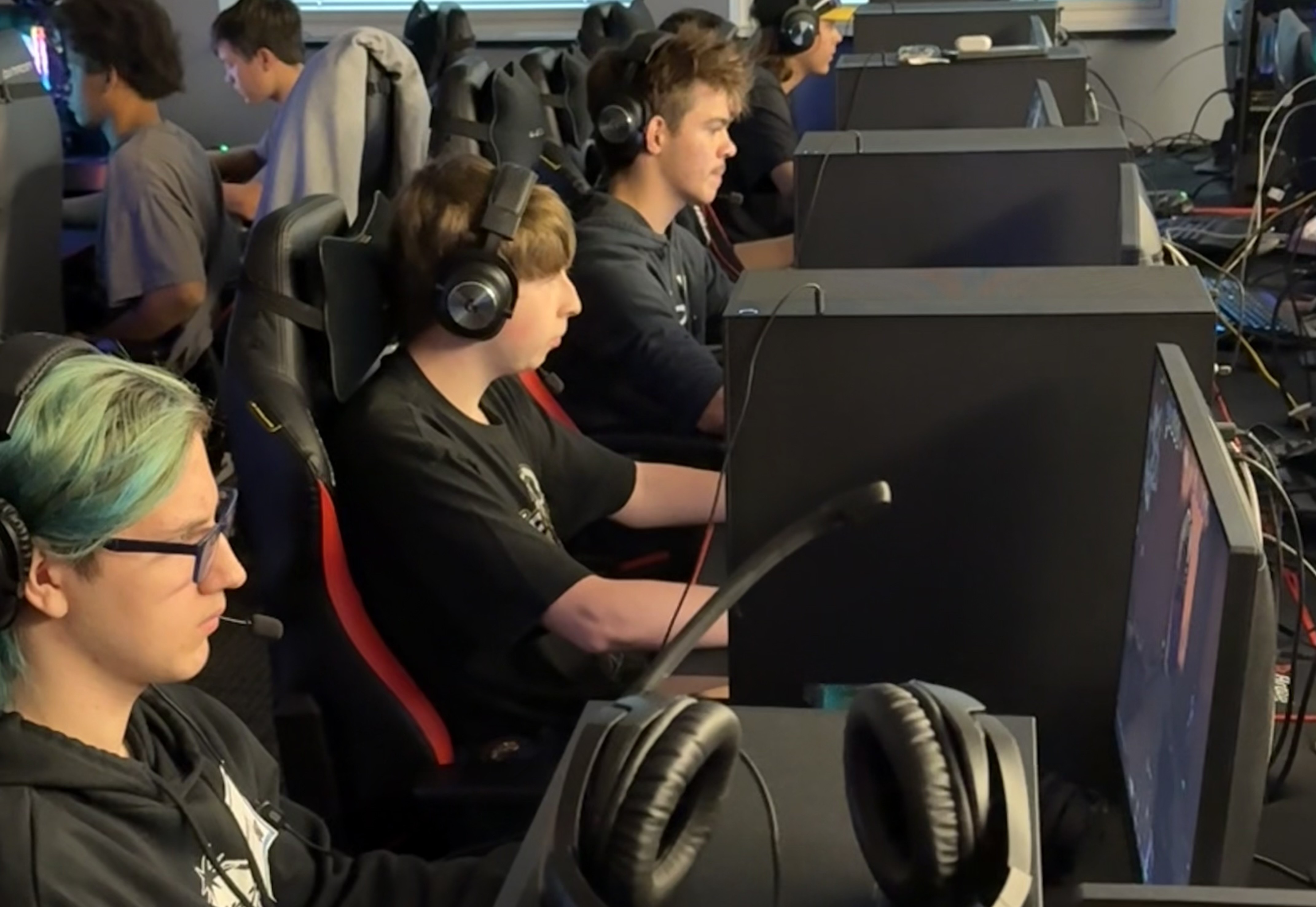Build Out Excuses
How much information is too much?
That's a question that has been flying around not only my own head over the last few weeks, but also the departments with which I work. We are moving toward an open gradebook whereby students and parents will have access to grades online. Yes, I know, for many of you this is old hat; however, as many of you also may remember, it didn't occur without significant conversation around how it was going to be done (or maybe not). We are in the beginning stages of getting our teachers ready for it, and in speaking with teachers about the process, there is considerable trepidation about how much information should parents have, and whose responsibility is it to make sure they have that information.
For better or for worse, we rely on our students to act as portals to their parents when it comes to giving updates on their progress, and when that system fails, we then access parents directly either via the phone or now through email. In past years, I may have included the traditional handwritten note in that group, but we are talking mainly middle and high school students here, and it is a well-researched fact that there is a cut-off point for when students cease bringing home paper documents from school in their weekly folders. That cut-off point is sometime around October of their 5th grade year. Does the use of web-based grading systems step in at this point and provide that solution for the failed communication between school and home?
Not entirely. Just as I feel that we can never have a completely virtual schooling systems in which there is no personal contact, there can never be a portal that parents and teachers can rely on all of the time, regardless of the information displayed there. However, I truly feel that making student grades and student attendance available 24/7 does much more harm than good for relationships between schools and communities.
The pushback we are receiving is coming in the form of increased pressure on teachers to get grading done in a timely manner. In most math classes, it's not such a big deal, but in AP Literature and other writing-based classes, the issue of how long a teacher has to grade a major paper becomes a thorny issue. How long does it take to grade two sections worth of five-page essays? How long does it take to grade a senior research project? Two weeks? a month? In addition, the conversations around personal grading styles is now put in the spotlight. If a parent can now see exactly how "teacher A " compared to "teacher B," they may begin to wonder why they are so different. Why was Johnny weighted so heavily in participation as a sophomore in US History, but not at all as a junior in US History II?
When we moved to providing every teacher with a web page, it made it possible to post everything you handed out in class, effectively building out the excuse made by students that they didn't have the "handout" or the notes. Not every teacher did this, but it certainly was possible. Philosophically, some disagreed with it, saying that it fostered no accountability by students to pay attention in class. That's flawed thinking, in my book. Build out the excuses: if they have access to the documents from school or home, their reasoning is not plausible. The same is true, I feel for gradebooks. By eliminating the unknown, as in how their child is doing, you are removing that from the table when discussing with parents a child's progress. Instead of "I was shocked to see that he is failing," the conversation can begin with other terms, such as "how do we get him to do the work?"
I understand that opening up your processes to public scrutiny may feel like an attack on autonomy, but that is not where we are going with this. Getting a group of intelligent, well-educated individuals who care about the success of kids to talk about their instructional practices, especially assessment, will move mountains. It will begin to change the culture of a building.
Tools and ideas to transform education. Sign up below.
If you have done this in your district, what input did teachers have on determining the policies behind the implementation and what parents see? I'd like to have a few ideas so that when I begin working with teachers, I can offer suggestions as to how they should proceed.
Cross posted at Chalkdust 101.
